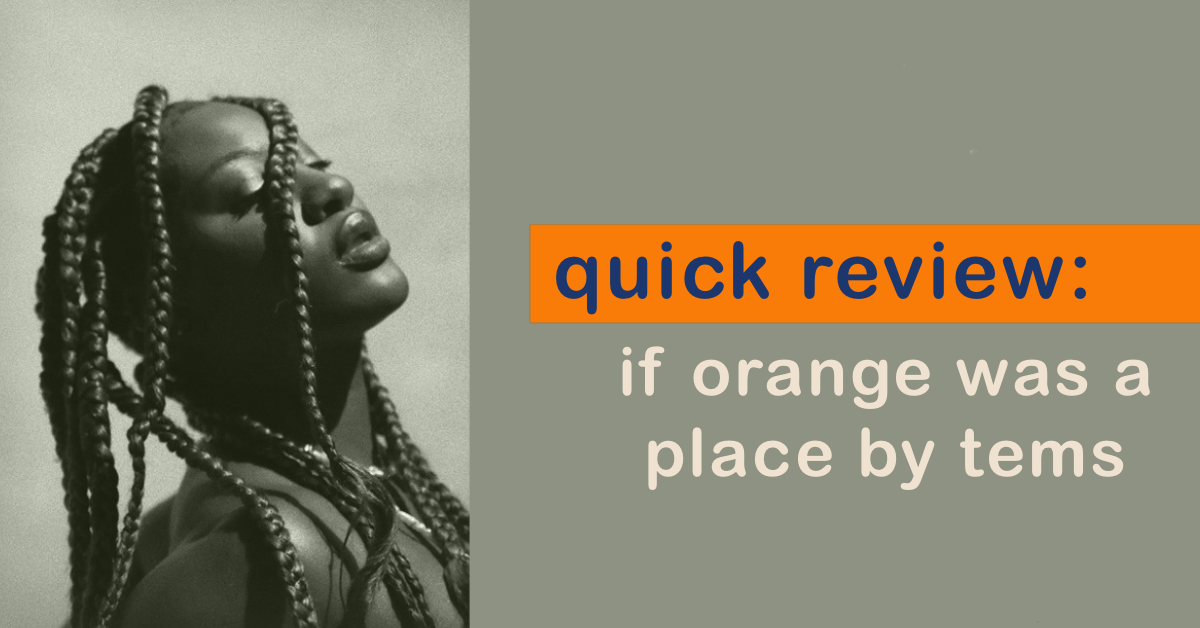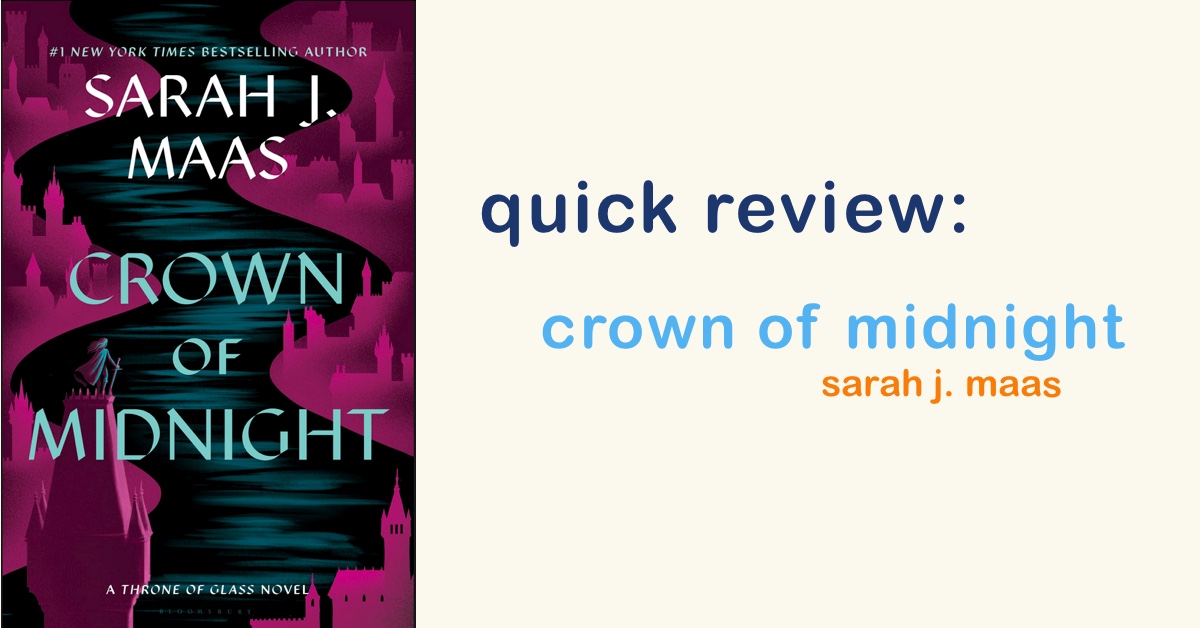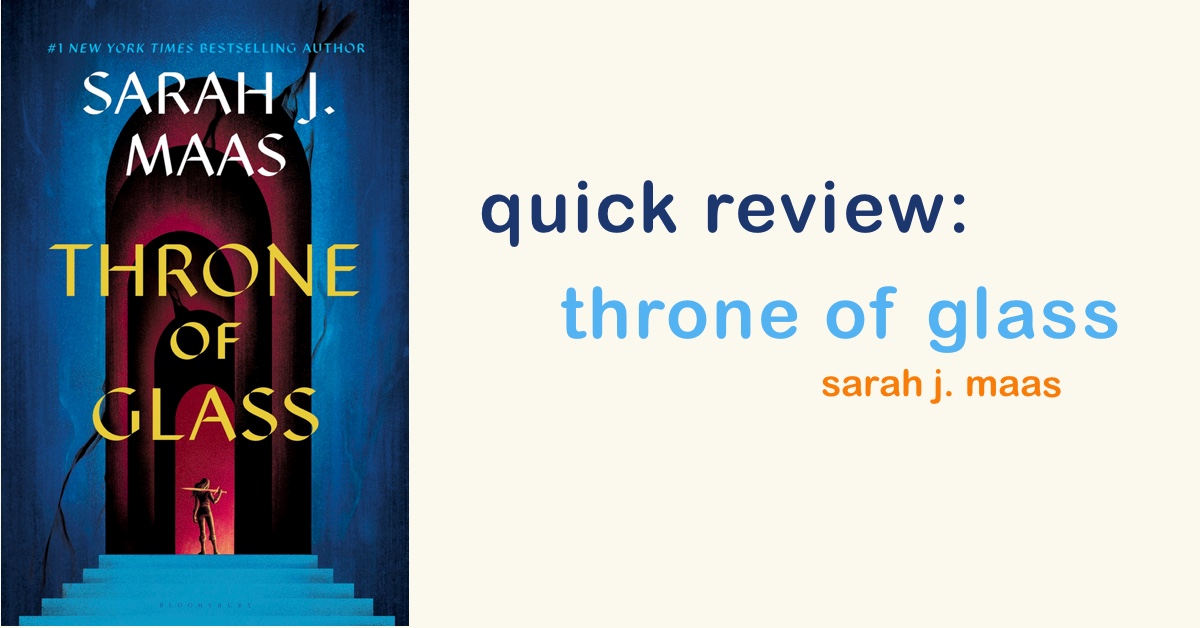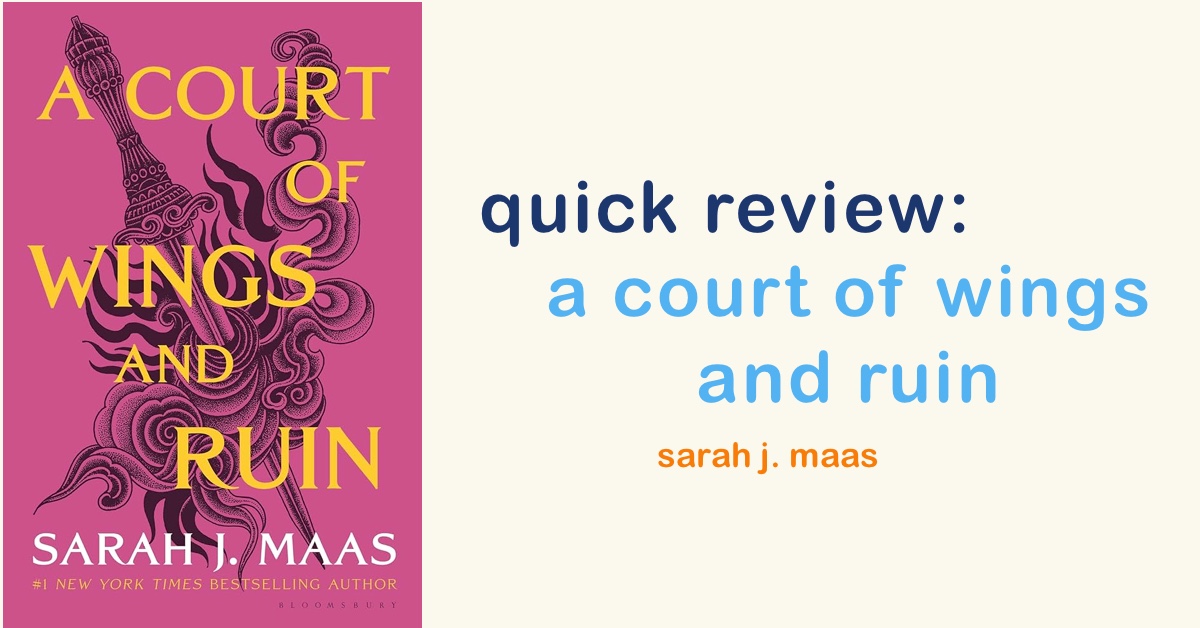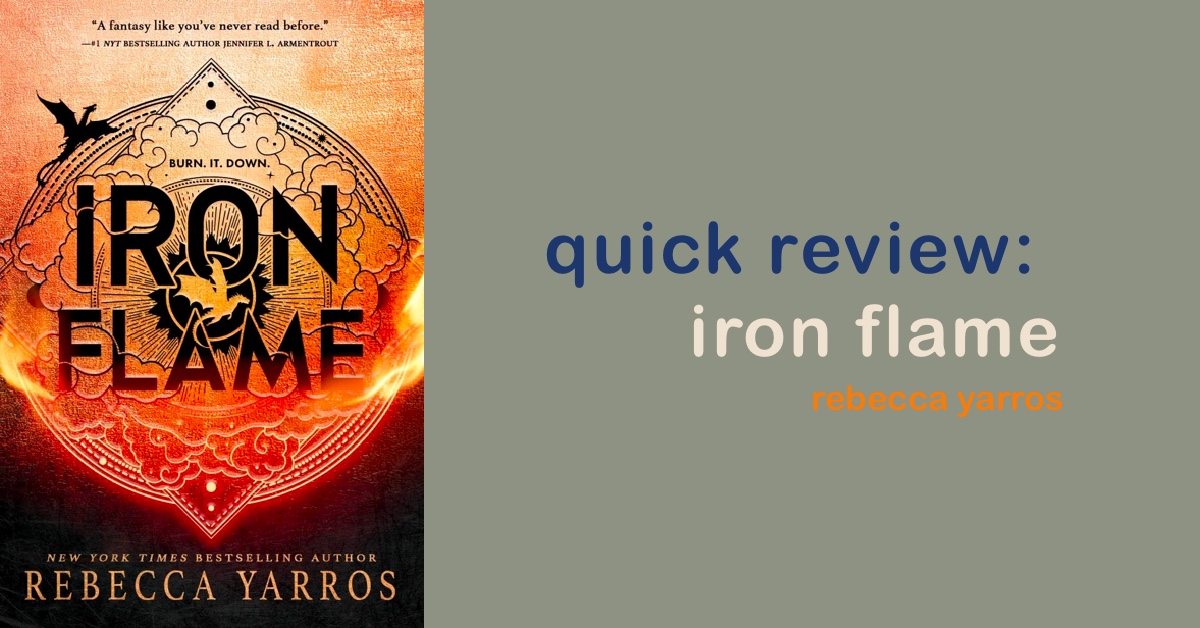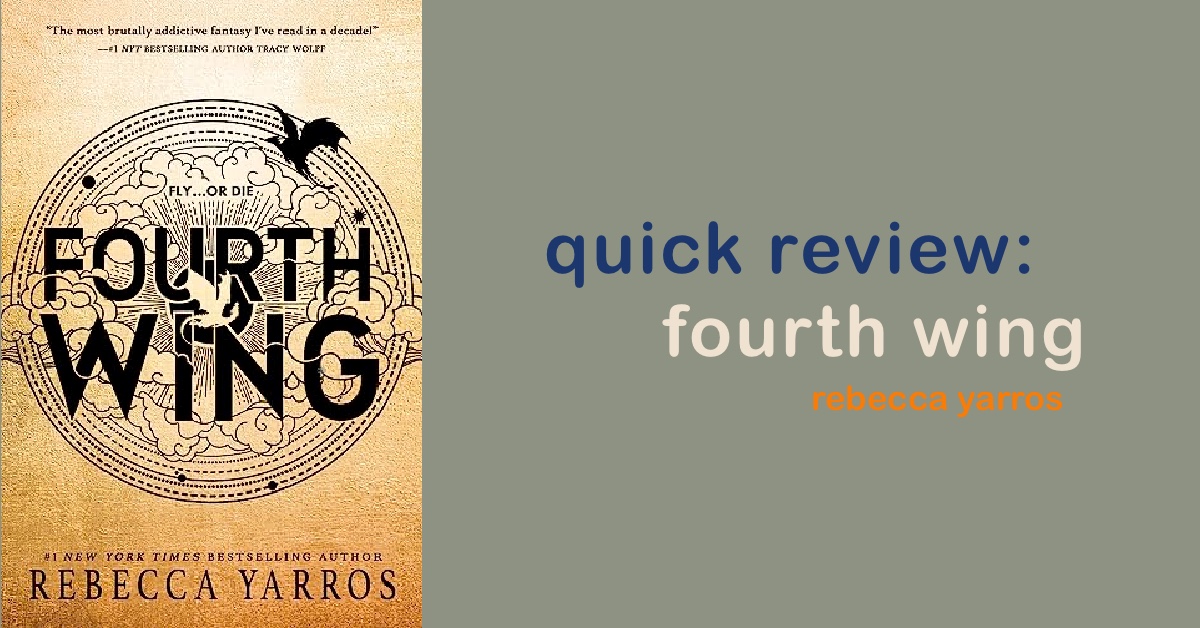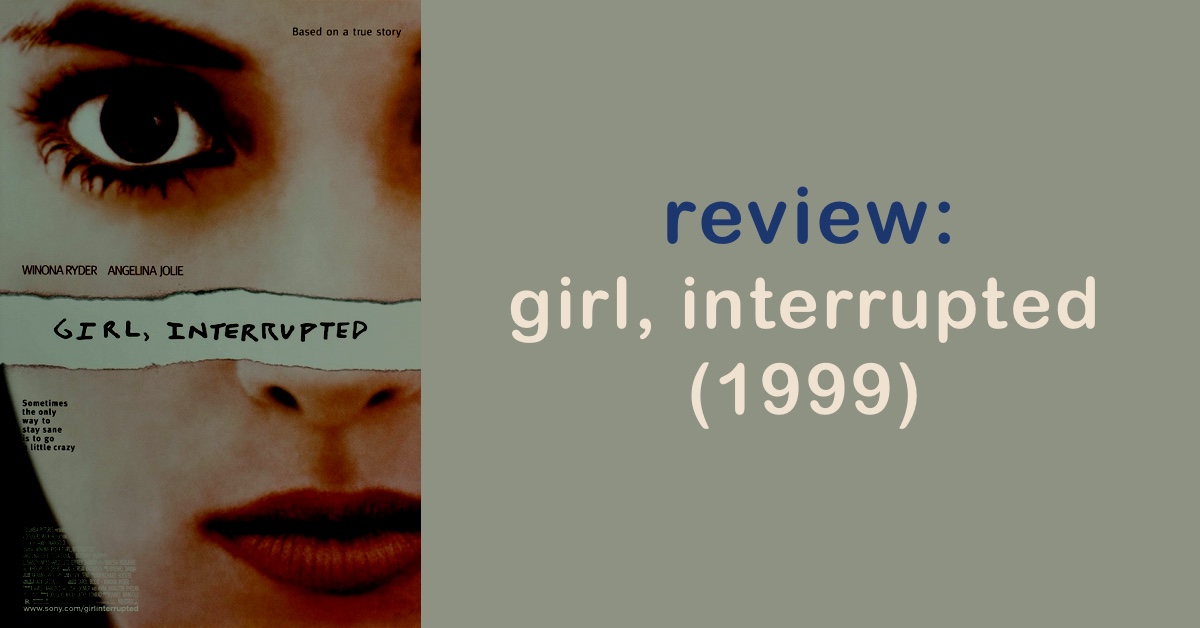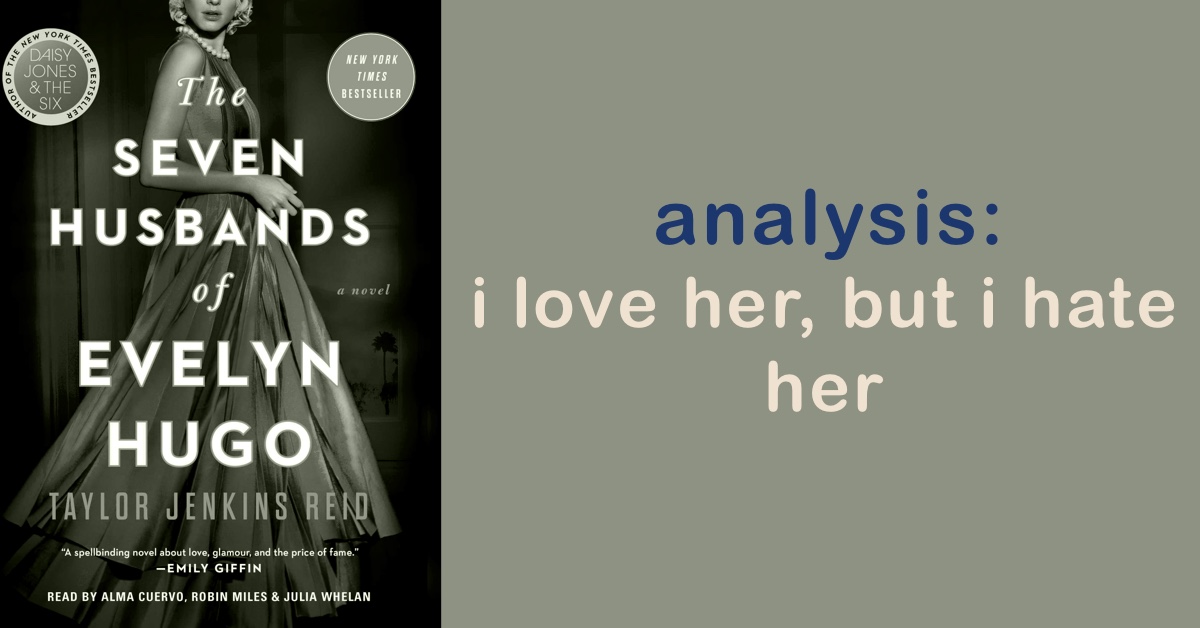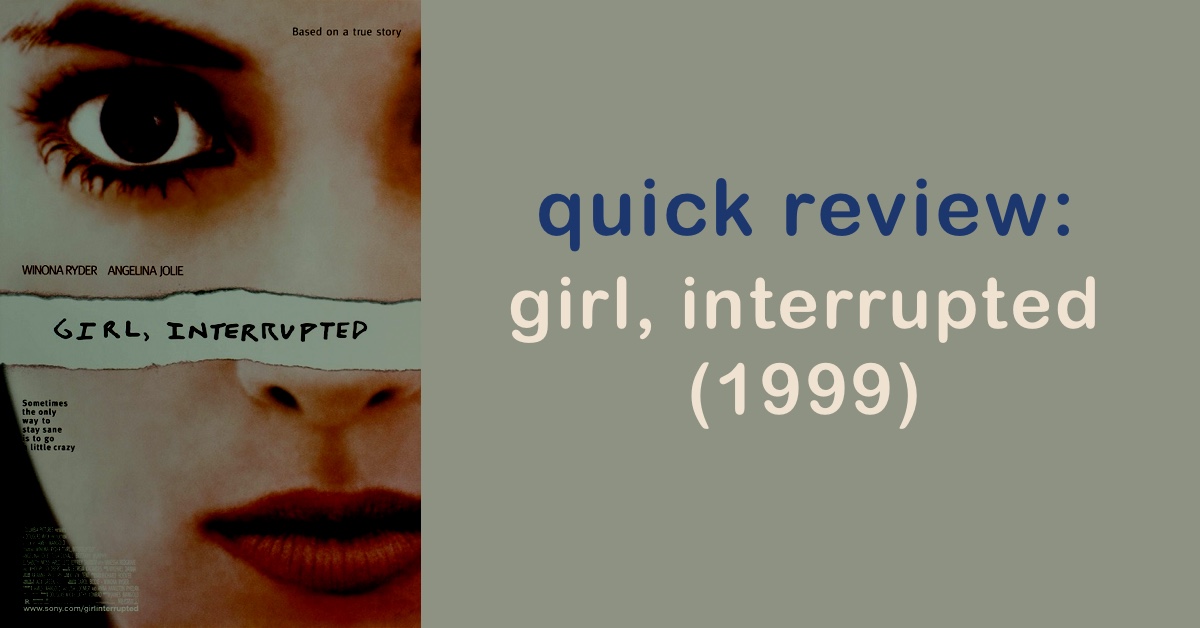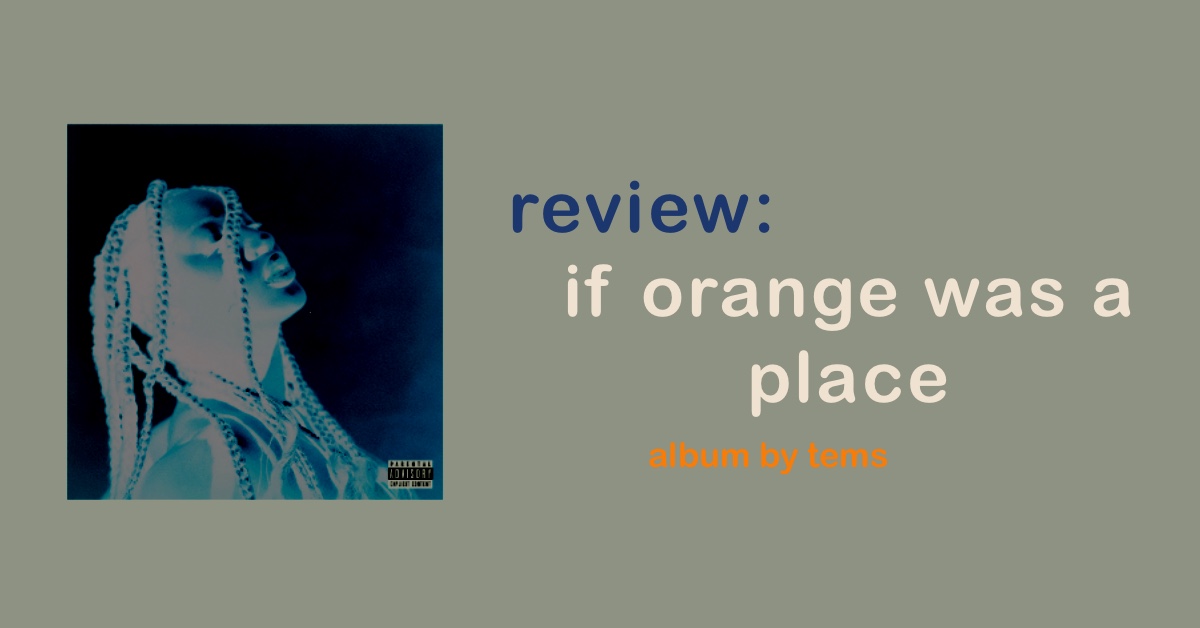I learned a lot from reading Aristotle and Dante Dive Into the Waters of the World (Benjamin Alire Sáenz, 2021), and none of what I learned is very good.
A decent way to start this review would be to recount how much I loved the first Ari and Dante book, Aristotle and Dante Discover the Secrets of the Universe, and how it played a big part in my teenage years being one of the first books to make me really love reading. It was extremely introspective which is what made me love the book so much from the get-go; all of the thoughts that Ari had about himself and his position in the world were so beautifully written and unique. I recall loving that the entire book wasn’t solely about the romantic relationship between Ari and Dante and was rather a display of a young man coming to terms with life and himself. The sequel starts right as the first book ends, and from that knowledge alone I held pretty high expectations. While there were moments in this sequel that felt reminiscent of the first book, the large majority of it fell flat. I was disappointed in more ways than one.
From pretty early on in the novel, I started to notice heavy repetition which was a trend that lasted throughout the entirety of the book. The repetitive parts tended to also be the heavy, philosophic, monologue-slash-rants that Ari would go on and this resulted in the sequel feeling particularly preachy. These philosophical thoughts are what made me love and cherish Ari in the first book, so it was disappointing that it really irked me in this one. This repetition didn’t only reside in Ari’s head, either, as there were more than a handful of conversations and interactions that took place in the novel that had no use other than to fill space. I found myself skimming over some of the page-long rants because I knew that I had read it a chapter or two prior, and if it wasn’t Ari doing the ranting, it was strangely someone else. There were a lot of characters added to Ari and Dante’s world in this book, and almost all of them suddenly shared the same thought processes as Ari. Keep in mind that a lot of the characters are teenagers, and it’s believable for one teenager to think and speak like Ari; it’s not so believable to think an entire group of teenagers would. An example that comes to mind is a running theme in Ari’s thoughts about people being countries; getting to know them is like discovering a new country, which is a sweet sentiment. Randomly, one of Ari’s friends is talking to him over the phone and says, “‘I mean, people are like countries, and me and Gina, and your friend Dante, we’re all countries–and maybe you’ve given your friend Dante a visa,’” (Part 3, Chapter 4) all without prior knowledge of Ari thinking the exact same thing. All of this amounted to a beginning that dragged for more than a couple hundred pages. It was surprising to me that someone’s writing could regress this much. I feel confident in saying that if I hadn’t loved Ari and Dante already, I wouldn’t have been able to push through.
Putting a slow start aside, it was really wonderful to see Ari and Dante learn how to be together in a romantic way. This sequel slowly picks up once the two of them decide to go on a camping trip together, their relationship dynamic on full display through witty remarks and loving silent observations. This trip (and perhaps the last hundred-or-so pages of the book) is essentially what I and many others came to expect judging on the trajectory from the end of the first book – the original playful banter that the two have always had is there, but evidently there’s something more and it warms the heart. The openness of Ari and his feelings for Dante are strikingly different from the original to the sequel, and it was absolutely lovely to read. It was very apparent that Ari was making an effort to come to terms with his feelings. There were moments in the novel where he said the most heart-wrenching things, “People say that love is like a kind of heaven. I was beginning to think that love is a kind of hell,” (Part 1, Chapter 13) just because of how much he loved Dante, which we would have never seen from Ari in book one. I am very pleased with how their relationship ended up blossoming, which is why my rating isn’t extremely low.
There were little things here and there that bothered me during my read such as spelling mistakes, grammatical errors, and Sáenz accidentally giving Ari the last name Quintana (how does one accidentally do that?) – but I really have to get into why this book completely and utterly let me down. There was an issue in the original book that didn’t ever sit right with me, and that was using blatant transphobia as a plot point. Ari’s older brother is in jail, and we learn that it’s from killing a transwoman. Many fans of the first book had hoped that this would be corrected in the sequel, but it only got worse. Much, much worse, in fact – with Sáenz writing Dante to say something along the lines of “I don’t want to be a woman because I like having a penis”, and the original issue with Ari’s brother escalating and never being truly resolved. This led me to do a little digging to see if the author had ever addressed readers’ concerns, and what I found were accounts of him deadnaming and misgendering the director of the film adaptation of the first book along with some other weird encounters. You can find more on that here and here; do with that what you will. If that wasn’t enough, Sáenz added another -phobia to the list! Somewhere along the way, Ari befriends a girl named Cassandra, and their chemistry (both subtextual and literally-spelled-out-for-you) left me feeling like there were stones left unturned. Sáenz even writes Ari to declare that his and Cassandra’s connection was one he didn’t have with anyone else. This could have been an interesting journey through Ari’s sexuality, but as soon as the term bisexual is thrown at him by Dante like an accusational threat, I figured the story wasn’t taking us there. If both of these things weren’t rancid enough, there’s a weird scene where Ari is inexplicably misogynistic and apparently it doesn’t count because he’s gay? The whole novel thrives within the confines of the gender binary and it shows exponentially more in this book than the first.
Super disappointing read, guys. I don’t have much else to say about it other than that. It was nice to be able to visit these two characters again, but a part of me wished that I had kept that little memory of the two of them as what it was – a memory. I don’t recommend reading it if you cherished the first book (just preserve those nostalgic memories), and I definitely don’t recommend it if you haven’t read the first. I know it’s a commonly thought notion that sequels are almost inherently bad, but I guess I assumed that with characters as loved as these, a little bit more care would be put into the continuation of their stories. Boy, did I assume wrong!
check out the quick review here!






